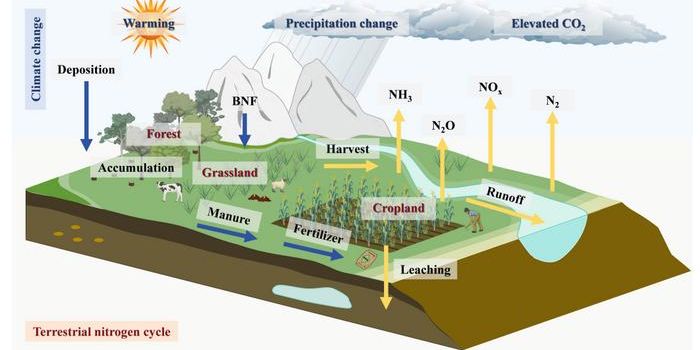Can A Baby Wipe Trigger a Food Allergy?
Infant and childhood food allergies have been a problem for decades. Families who have children with food allergies have to worry about school lunches, classroom policies, field trips and so much else, all because of a peanut or a piece of cake.
Allergies are on the rise and are fast becoming a public health issue, but the uptick in cases of food allergies is something many researchers are looking into. There are genetic issues as well as environmental and the most recent research suggests that it could be a mix of both along with other factors that trigger allergies in children. Researchers at Northwestern Medicine have published a study that shows early use of commercial baby wipes could be a factor in allergies.
It's almost never just one trigger that causes an allergy. There are skin issues, family history, environmental concerns about dust and other allergens as well exposure of infants to different environments because of daycare, early preschool experience, and other factors. When a few of these items occur together, it's a "recipe" for allergy acquisition. Joan Cook-Mills, a professor of allergy-immunology at Northwestern University Feinberg School of Medicine is the lead author of a new study on food allergies and the use of baby wipes and she explained, "This is a recipe for developing a food allergy. It's a major advance in our understanding of how food allergy starts early in life." The study Dr. Cook-Mills was part of is published in the most recent issue of the Journal of Allergy and Clinical Immunology.
Food allergies are no joke. According to the CDC, 4 to 6 percent of school-aged children in the United States will be impacted by a food allergy. Between the years 1997 to 2007, there was an 18% increase in food allergy incidence in children. It's not just a little sneezing or wheezing though. Hospitalizations of children for food allergy reactions have increased as well. It's serious business.
So what can be done about exposure to allergens when it comes to baby wipes? A lot of it can be modified in the home. Cook-Mills advises caretakers to wash their hands before changing a diaper or feeding a baby. Many wipes that are available for sale can leave a soapy residue on the skin. Taking a paper towel, moistened with just water can mitigate that factor, removing the residue of soap or other chemicals.
The connection between wipes and allergies was made when looking at neonatal mice that had been genetically engineered. It's common that allergic children often have skin rashes, known as atopic dermatitis, and these rashes break down skin barriers. Genetic mutations have been identified as a cause and mice who had them were used in the study. Baby wipes contain soap, which has lipids (fats) that break down the skin barrier, so allergens like food or dust can enter the body and cause an allergy to develop. All because the skin barrier is disrupted. In the mice in the study, rashes and broken skin showed up once the mice were a few months old, which is equivalent to adolescence or young adulthood in humans.
The information discovered in this study showed that when the skin barrier is disturbed, via a genetic mutation or a substance on the skin, allergies are the result. The team hopes to use the study to learn more about the molecular mechanism behind the skin's protective barrier and how that impacts the rise in allergies being seen in young children. Check out the video to learn more about this study.
Sources: Northwestern University, Journal of Allergy and Clinical Immunology, Good Housekeeping









